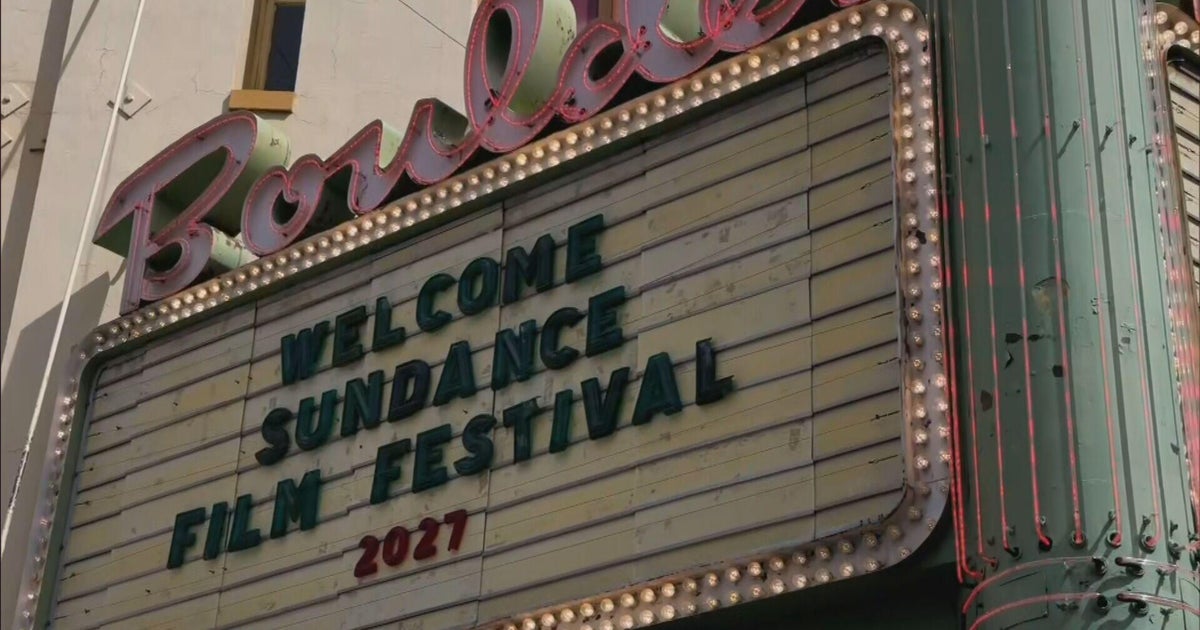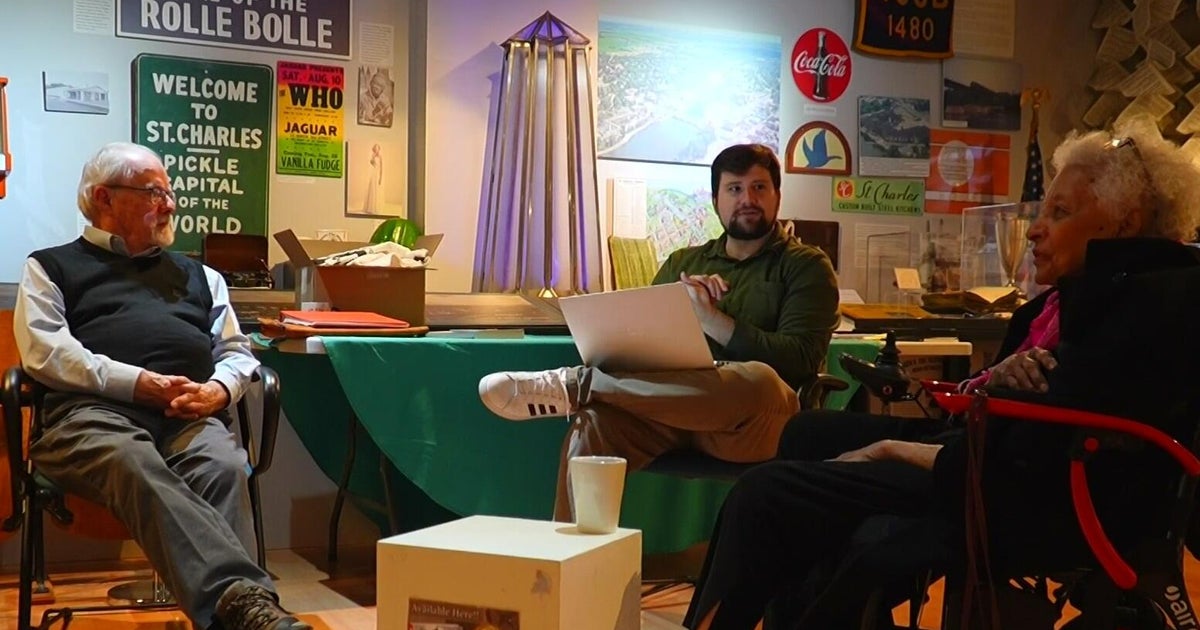Civil War Records Written By Walt Whitman Unveiled
WASHINGTON (AP) -- A scholar who uncovered extensive Civil War records handwritten by Walt Whitman unveiled his findings Tuesday at the National Archives, saying they can reveal how the famous author's work as a government clerk influenced his poetry and life.
Literature Professor Kenneth Price of the University of Nebraska-Lincoln made an early discovery in 2008 and kept searching on eight different trips to the Archives II facility in College Park, Md. He eventually identified 3,000 documents Whitman wrote as a clerk in the U.S. Attorney General's office.
"It's a fascinating insight onto the Civil War, other than the battles and the generals, of a major literary and intellectual figure," Price said Tuesday.
Whitman's government work has mostly been glossed over by biographers. Many references suggested he was casual about the position, working a few hours and leaving when he wanted, Price said. The amount of material he produced, though, was "staggering" and must have been a serious undertaking, Price said.
Whitman lived in Washington for 10 years during the Civil War and the postwar years of Reconstruction. He was known for visiting thousands of wounded soldiers from both North and South, at times drafting letters for them.
His work as a government clerk funded his time with the soldiers and his passion for writing. At an earlier clerk job at the Interior Department, he was fired when someone found a personal copy of his most famous work, "Leaves of Grass." The Interior secretary judged it to be immoral. So Whitman was hired by the attorney general's office and spent years drafting and copying correspondence, summarizing cases and researching topics.
Whitman often served as ghost writer for others. At one point, Attorney General James Speed asked an assistant if Whitman would complete his speech for the dedication of a bust of Abraham Lincoln in Louisville, Ky.
"See our friend Walt Whitman and ask him whether he will take my rough draft of an address and revise and finish it," Speed wrote. "I have a notion that if he has the time and is in the mood he can do it better than any man I know."
Only a handful of the documents are signed or initialed by Whitman. Price traced the handwriting from 15 years of studying Whitman's personal manuscripts.
Even though Whitman was not the official author of many of the government records he wrote, most all of them "passed through his mind and his fingertips," U.S. Archivist David Ferriero said. "They shed light on Whitman's postwar poetry and his cultural criticism."
Historians can begin to connect the dots and interpret what Whitman was thinking about through his government work and his known statements on the war and race relations, Price said. Some of his government writings deal with the trial of Confederate President Jefferson Davis, voting rights after the war, the rise of the Ku Klux Klan and the railroads extending westward. They show Whitman's forgotten involvement with the workings of government.
The documents also dispel the myth of Whitman as a solitary writer by showing his close work with government officials, he said.
"For me, it heightens the sense that we need to be thinking about Whitman as a collaborator much more than we ever did before," he said.
Price serves as co-director of the Walt Whitman Archive, which will publish the first 2,000 documents online by September. He said he plans to continue searching for records at the Archives facility in Maryland, where they had been forgotten for so long.
"You know the best hiding place is to hide something in plain sight, the major repository," he said. "It's been right there."
(Copyright 2011 by The Associated Press. All Rights Reserved.)







